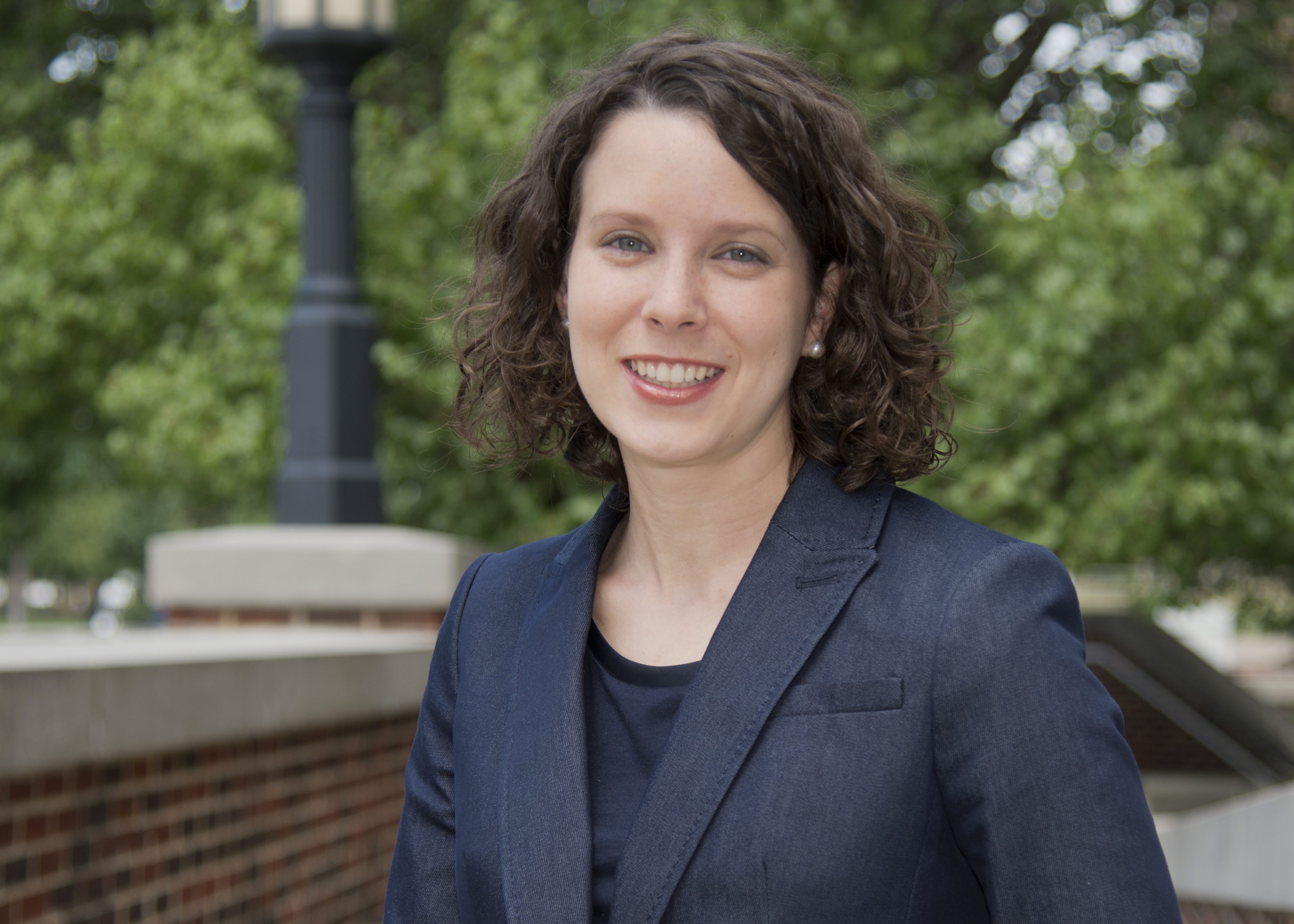Characterizing Non-normative Identities for Postsecondary Engineering Students
| Event Date: | January 14, 2016 |
|---|---|
| Speaker: | Allison Godwin |
| Speaker Affiliation: | Assistant Professor of Engineering Education, Purdue University |
| Time: | 3:30 - 4:20 PM |
| Location: | Armstrong B071 |
| Priority: | No |
| College Calendar: | Show |
The lack of diversity in engineering is a persistent issue which hinders the development of innovative, well-rounded engineering solutions; limits the quality of the engineering field; and restricts access to the social and economic capital available to those in engineering careers. To address these problems, we examine how diverse students identify with engineering and navigate the culture of engineering. We define diversity not by making a priori categorizations according to traditional demographic information (e.g., race, gender, sexual orientation, etc.), but instead by investigating the variation in students’ attitudinal profiles on a host of affective measures. Using these measures, we are working to develop an identification of large, “normative” groups of engineers as well as “non-normative” students who emerge based on their distinct attitudinal profiles.
Pilot survey data were collected from participants enrolled in second semester first-year engineering programs across three institutions (n = 374). We used topological data analysis (TDA) to create normative and non-normative attitudinal profiles of respondents based on validated instruments measuring physics, math, and engineering identity, motivation, sense of belonging, grit, and personality). As a relatively new and powerful set of analytic methods, TDA clusters multi-dimensional data to understand an underlying structure, or topology, which emerges from the data. Our preliminary results show definite patterns within the data of normative and non-normative identities based on multidimensional affective measures. This work is being extended to a larger sample of 2,966 students at four U.S. institutions. This characterization of normative and non-normative identities creates new ways of understanding diversity in engineering classrooms and can provide evidence-based ways to support not only normative students but also non-normative students.
Bio
 Allison Godwin, Ph.D. is an Assistant Professor of Engineering Education at Purdue University. Her research focuses on how students’ attitudes and beliefs affect their choices and their learning, how students form STEM identities, and how to improve engineering education for all students – especially those from diverse groups. Her research group, STRIDE, explores a broad definition of diversity including non-normative attitudes, the intersections of race, class, and gender, first-generation status, etc. Dr. Godwin graduated from Clemson University with a B.S. in Chemical Engineering and Ph.D. in Engineering and Science Education. She is the recipient of a 2014 American Society for Engineering Education (ASEE) Educational Research and Methods Division Apprentice Faculty Grant. She also was an NSF Graduate Research Fellow for her work on female empowerment in engineering which won the National Association for Research in Science Teaching 2015 Outstanding Doctoral Research Award.
Allison Godwin, Ph.D. is an Assistant Professor of Engineering Education at Purdue University. Her research focuses on how students’ attitudes and beliefs affect their choices and their learning, how students form STEM identities, and how to improve engineering education for all students – especially those from diverse groups. Her research group, STRIDE, explores a broad definition of diversity including non-normative attitudes, the intersections of race, class, and gender, first-generation status, etc. Dr. Godwin graduated from Clemson University with a B.S. in Chemical Engineering and Ph.D. in Engineering and Science Education. She is the recipient of a 2014 American Society for Engineering Education (ASEE) Educational Research and Methods Division Apprentice Faculty Grant. She also was an NSF Graduate Research Fellow for her work on female empowerment in engineering which won the National Association for Research in Science Teaching 2015 Outstanding Doctoral Research Award.
